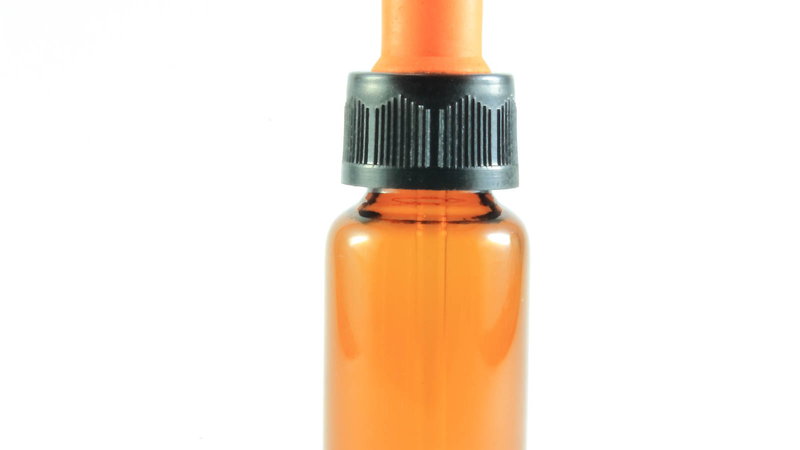
Vitamin D deficiency affects a large group within the world population. According to Harvard School of Public Health, it is estimated that roughly one billion people worldwide suffer from inadequate amounts of vitamin D. One of the most prevalent natural sources of vitamin D is sunshine. This is great news for people who live in sunny places and get outside regularly without wearing sunblock. However, many people don't live in reliably sunny conditions or cannot safely go out in the sun without sunblock. The chances are good that these people aren't getting enough vitamin D. A deficiency in vitamin D can cause health problems like diminished lung function or rickets, which weakens the bones.
Why Do Babies Need Vitamin D?
Recent research has linked inadequate levels of vitamin D with health problems that extend beyond lung function and rickets, though. People with vitamin D deficiency, including babies, are now considered at risk for everything from the flu to chronic diseases like heart disease, cancer, osteoporosis, and multiple sclerosis, among other ailments.
What is the best method for ensuring your baby doesn't become deficient in vitamin D?
Should You Give Your Baby Vitamin D Supplements?

According to some expert sources, like nutritionist Hope Weiler, Ph.D., from McGill University, breastfed babies need to get more vitamin D from supplements. The Institute of Medicine echoed this recommendation in 2011 with the suggestion that infants up to 12 months old and beyond receive 400 IU of vitamin D through supplementation per day.
It is safe to supplement vitamin D throughout childhood, youth, and adult years to ensure levels are up, but depending on diet and sun exposure, it may not be necessary. The Food and Drug Administration (FDA) recommends that babies under six months old be kept out of direct sunlight, so keeping a baby's vitamin D levels up is especially important during this window of time.
Do Formula-Fed Babies Need Vitamin D Supplements?
Babies who are fed with formula, however, don't need their vitamin D supplemented because adequate vitamin D levels are included in commercial baby formulas.
The recommendations for vitamin D supplementation for babies have been in effect since the 1920s. Back then, supplements were normally given in a teaspoon, but vitamin D drops can now be given to a baby with an eyedropper to make the process easier.
The American Academy of Pediatrics released a policy statement in 2003 asserting that babies, especially those who are breastfed, need vitamin D supplements. According to the policy statement, a lack of this vitamin early on can cause serious consequences for a baby's development.

Some of the Benefits of Vitamin D
Enhanced Immunity. Vitamin D aids the immune system and helps the body to fight infectious diseases as well as chronic diseases.
Better Brain. Vitamin D increases cognitive functions, and studies have found that adequate vitamin D levels keep the brain working well even as it ages.
Healthy Weight. Research from the Medical College of Georgia has demonstrated that proper levels of vitamin D help to keep weight at a healthy level.
Absorption and Metabolism. Vitamin D plays a key role in the body's ability to absorb and metabolize calcium and phosphorus, which are both vital to overall health.
